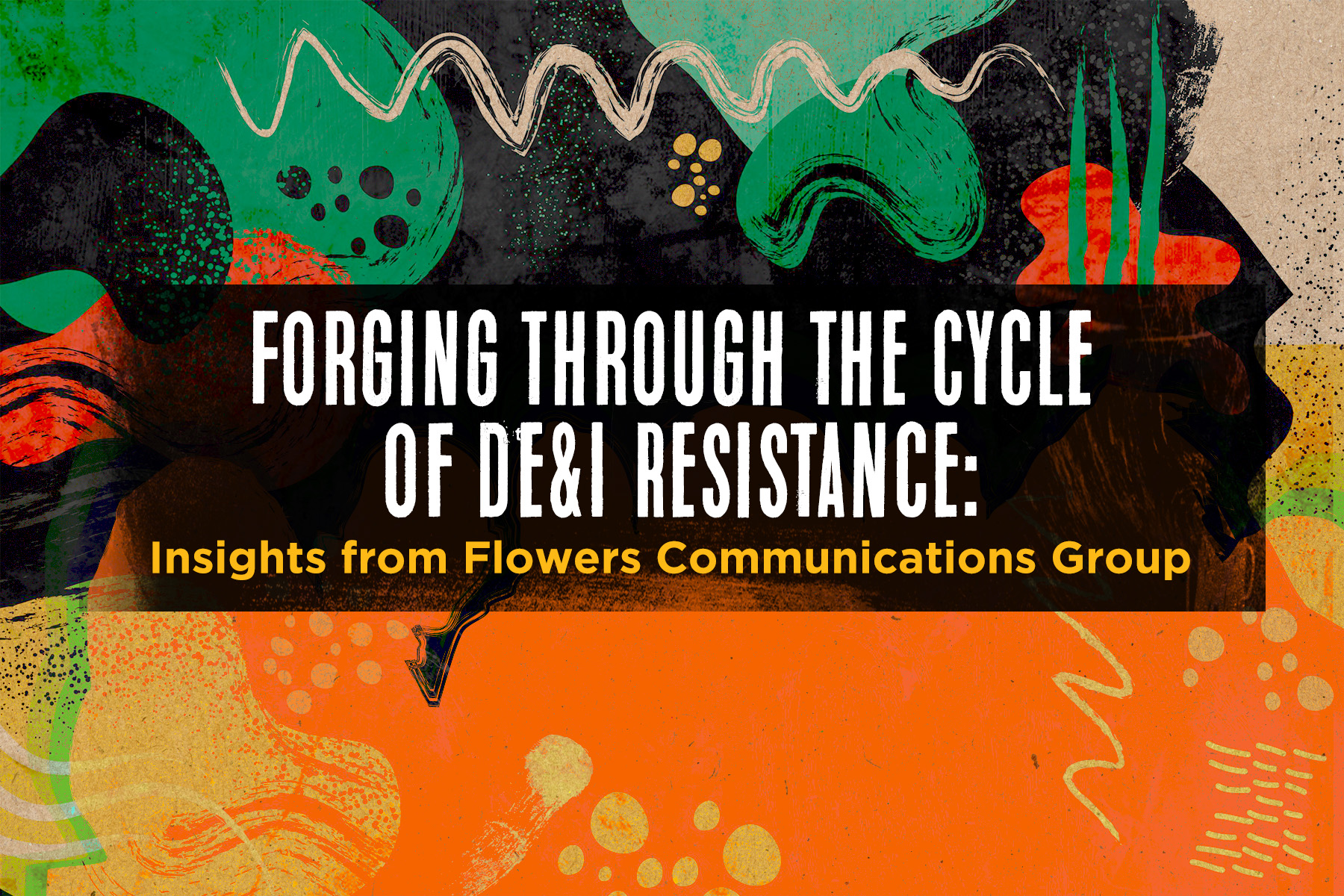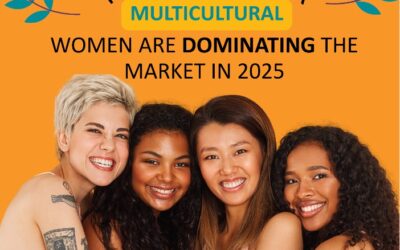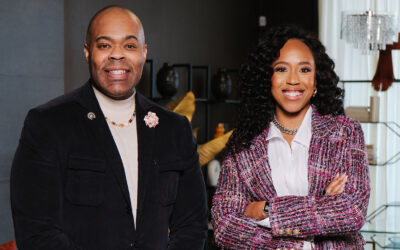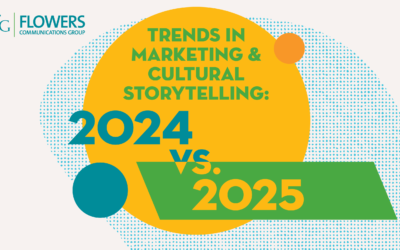As we celebrate Black History Month, transition into Women’s History Month and approach other celebrations that uplift diversity, we should be reminded that our country remains on the journey for progress and righting historical inequitable constructs that persist today. Throughout this journey, one constant has remained unwavering: the crucial importance of Diversity, Equity, and Inclusion (DE&I) that drives our agency’s work and supports our mission. At FCG, we take immense pride in our intentional focus on promoting DE&I and partnering with brands to radiate their commitment through genuine connections with culturally diverse audiences.
Our founder, Michelle Flowers Welch, established FCG out of a lack of representation and inclusivity in marketing campaigns. From the outset, our mission has been clear: to create campaigns that not only resonate with diverse audiences but also equitably reach and respect historically marginalized communities. For brands and organizations, it’s smart business. The latest census data from 2020 highlights the shift in our population’s makeup, with non-Hispanic White individuals now comprising 57.8%, down from 63.7% in 2010. The “browning of America” is happening even faster than population analysts had predicted, making multicultural marketing an unquestionable imperative.
Research from McKinsey & Company underscores the financial benefits of diversity: companies with diverse executive teams are 33% more likely to surpass their industry peers in profitability. But it can’t just be about business. It must also be about the core values ingrained in our agency mindset — promoting individualism, fostering inclusion, and morally doing the right thing!
Unfortunately, the challenges of progressing representation and equity have historically met with resistance. So, today’s “DEI backlash” is nothing new. We’ve seen it in myriad examples over the decades from the Emancipation Proclamation to the Civil Rights Act, from the Texas Race Massacre to All Lives Matter. It’s reinvented in today’s landscape through the Supreme Court ruling to end affirmative action in college admissions (Students for Fair Admissions (SFFA) case) and the Fearless Fund which is already having an effect over corporate DE&I initiatives. As a result, data from Indeed shows a “more than 23% decline in the amount of job postings with “DEI” in the title or description between November 2022 and November 2023”, and CNBC shared that “funding for businesses owned by Black and Latina women has dipped back to less than 1%”.
Through all of these cycles of resistance, here is what history has shown us and how we in this industry must continue to hold strong.
- We’ve been here before – The ever-present cyclical nature and unwavering resistance towards DE&I is undeniable and we must all remain steadfast in the pursuit for a more equitable and inclusive workplace, community, and society.
- DE&I will once again be forced to evolve – Younger generations, particularly Generation Z, will prioritize organizations and brands that live DE&I and authentically connect with diverse audiences and brands. Across the marketing and advertising industry, Ad Age suggests the “lack of progress on diversity, equity and inclusion may be getting in the way of its relationship with Gen Z.”
- DE&I and multicultural marketing are not synonymous – They should be interconnected in a meaningful way, and we believe that you can’t authentically have one without the other. The prioritization of multicultural stems from organizations that understand, value, embrace, and seek to understand the “multi-nature” (intersectionality) of the businesses, communities, and consumers we aim to serve and impact.
- Don’t back away – Major organizations like Starbucks, Disney, and others are sticking by their diversity, equity, and inclusion initiatives despite the legal challenges. There is still work to be done in our industry. Data gathered by the Diversity Action Alliance shows that “representation of professionals of color in the marketing and communications industry remains below 8%”.
- Organizations and brands should consider how to adapt and mitigate risk:
- Understand and monitor laws that may effect DE&I and ESG programs
- Shift the language, not the objective
- Evaluate your initiatives and campaigns for inference of preference
- Identify opportunity areas and a comprehensive strategy to mitigate risk
- Partner with DE&I experts and multicultural communicators
FCG remains steadfast in our commitment to fostering inclusive environments and amplifying the voice of underrepresented communities. We recognize that our role as a leader in the industry comes with a responsibility to provide counsel to our clients, guiding them to understand that it’s not about the label, but about the tangible actions that demonstrate a genuine commitment to DE&I and multicultural marketing communications.
We’re proud to see that many of our clients continue to prioritize DE&I and multicultural marketing communications and look to us to help shape and amplify their efforts in this space. For example, our agency has developed and executed a variety of programs that supported diverse-owned businesses throughout the years for several clients. Most recently, our partnerships with Famous Amos’ “Ingredients for Success Entrepreneurs Initiative” and Honda HBCU Initiatives, such as the Honda Battle of the Bands and the Honda Campus All-Star Challenge.
While the terminology may change and the challenges may persist, one thing remains certain: the importance and interconnectedness of DE&I and multicultural marketing communications will always be at the forefront of FCG’s mission. Together with our clients, we will continue to lead by example, fostering inclusivity and driving positive change in our industry and beyond.
Jasmine Flowers Mazyck is Managing Director at Flowers Communications Group




